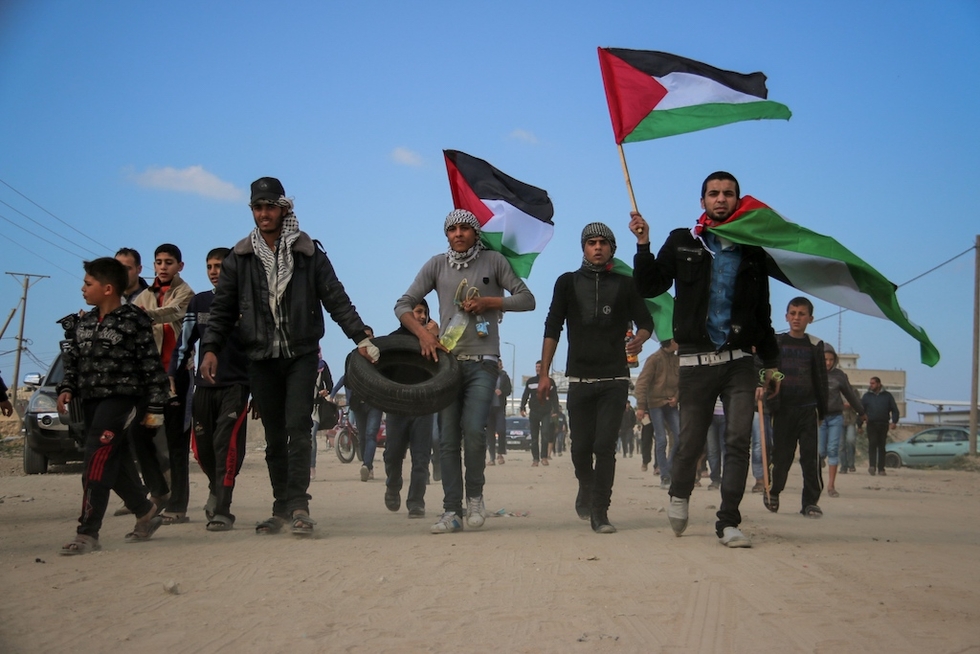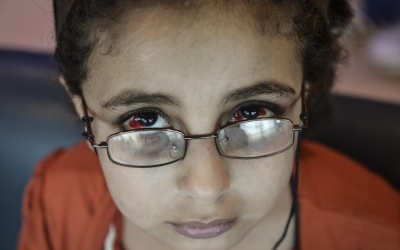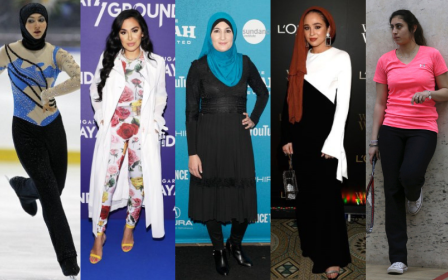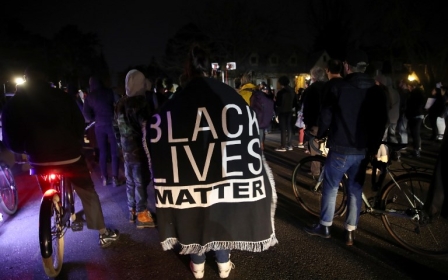Israel's troll army will not stop Palestinian activism
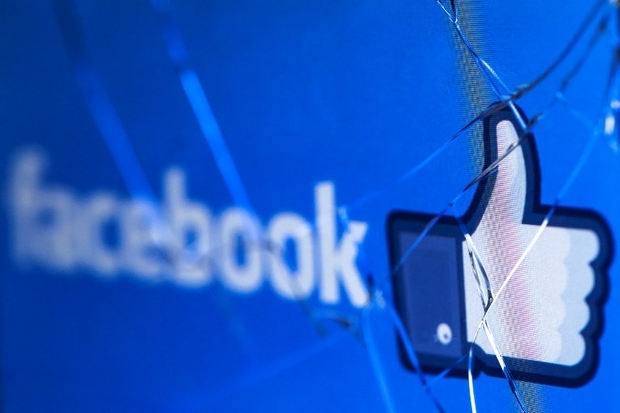
I recently came across a post on Facebook, which stated: “When Facebook is gone, and you can no longer click the ‘Like’ button, will you still consider yourself an activist?”
Simple as the question seemed, it raised many important questions. Can one be an activist simply because they “like”, or maybe even repost, a political statement made on social media? Are there “activists” whose activism is limited to social media?
But also, how much of today’s effective activism is indeed taking place on social media? Can such activism be dismissed, because the forum also allows users to post photos of their culinary fails, or of their dogs and cats in embarrassing costumes?
The 'Facebook revolution'
There is no denying that Facebook, Twitter, and - to a lesser degree - other social media platforms, have been instrumental in large-scale organising and mobilising, so much so that Egypt’s 2011 uprising was dubbed “the Facebook revolution”. As one protestor put it: “We use Facebook to schedule the protests, Twitter to coordinate, and YouTube to tell the world.”
New MEE newsletter: Jerusalem Dispatch
Sign up to get the latest insights and analysis on Israel-Palestine, alongside Turkey Unpacked and other MEE newsletters
There is no doubt that censorship occurs on these otherwise public sites - both internally, as “community policing”, and externally - to ensure the platform is making a profit.
Facebook is a for-profit corporation whose revenue (estimated at more than $55bn in 2018) comes primarily from ads. Consequently, “Facebook jail” is a familiar expression for many activists who post about progressive causes that challenge “the establishment”, from African Americans denouncing white supremacy to, of course, pro-justice activists exposing Zionism.
My post is still up, because the trolls have not scanned the name of their patron and therefore not flagged my post as hate speech
The most recent example is Richard Silverstein, an occasional contributor to Middle East Eye, who was recently banned from Facebook for a week. Silverstein had shared an article from Al-Monitor about an Israeli court determining that settlers had forged signatures to obtain Palestinian lands, and that the land be returned to its rightful owners. Silverstein had reposted the article, with one comment: “Israeli settlers steal the land.”
As he notes in a blog post on his personal website: “Apparently, the Israeli troll army is active on Facebook and organized a mass reporting swarm of the post which labeled it hate speech. Enough reports were received that the post was removed and my account suspended.”
Facebook defines hate speech as “as a direct attack on people based on … race, ethnicity, national origin, religious affiliation, sexual orientation, caste, sex, gender, gender identity, and serious disease or disability. We also provide some protections for immigration status. We define attack as violent or dehumanizing speech, statements of inferiority, or calls for exclusion or segregation.”
Defining hate speech
Silverstein appealed to Facebook, using their own definition of “hate speech”, to argue that his post does not fit the criteria, since he was not directly attacking Israeli settlers as much as reporting a fact the Israeli court itself agrees upon: these particular settlers had used fraudulent means to obtain the land.
This is not Silverstein’s first suspension. As he told MEE: “I have been suspended by Twitter and Facebook a number of times. I’ve also had individual posts censored without being suspended.” On one occasion, he said, an Israeli professor at a university that specialises in training engineers for the Israeli air force organised “a mass reporting of my FB account, claiming it was fake”.
In other cases, Silverstein said he was suspended by Facebook for posting a Hamas-circulated flyer featuring pictures of Israeli commandos who invaded Gaza; and by Twitter for criticising an Israeli settler leader who organised military-style security patrols in settlements, and who was fatally stabbed by a Palestinian. “There were a number of other suspensions,” Silverstein said. “But those are the ones I primarily remember.”
Quora, a relatively new platform, is also heavily monitored, and has permanently banned Rima Najjar, a retired Palestinian academic who was a frequent contributor. Late last month, Najjar took legal action against Quora, alleging that the site banned her for “writing while Palestinian”, after documenting that posts very similar to hers, but contributed by non-Palestinians, were not taken down.
According to Najjar’s lawyer, Quora asserted that Najjar’s criticism of Zionism was “hate speech”, based on a number of reader comments to that effect. In subsequent correspondence with a Quora staff member, Najjar says she was told the ban was “the result of an algorithm based on multiple determinations that an author violated policy”. Najjar’s lawyer, however, pointed out that “human beings at Quora reviewed the propriety of her permanent ban and determined to keep it in place”.
Israel's online army
Such “algorithms” are a result of the fact that Israel pays an army of trolls to flag pro-Palestine posts and report them as offensive.
As early as 2013, the Israeli prime minister’s office announced it would give scholarships to students “to combat antisemitism and calls to boycott Israel online”, and that the students’ messages “would parallel statements by government officials”.
This army of trolls is clearly very active in monitoring and reporting posts by writers critical of Israel. Sadly, the administrators of these social media sites appear to have either little critical judgement of their own, or little agency. If enough users report a post as offensive, they will take it down, because the platform’s revenue depends on the number of users, and it is better to ban one account than to “offend” hundreds.
Last year, during Gaza’s Great March of Return, I myself had a post removed from Facebook, in which I had noted: “I am really tired of the qualification ‘women and children.’ Israel’s massacres, bombings, killings, are apparently more criminal because among the victims were ‘women and children.’ Apparently, it would be for Israel OK to kill, kill, kill, so long as all the victims are men.”
I was informed that my post violated Facebook’s criteria. I appealed the decision to remove it, explaining that it included neither hate speech nor incitement to violence, but rather expressed frustration at the suggestion that young men are a fair target. It was never allowed back.
Just as I was writing this piece, I reposted the same statement, but this time, without naming Israel. My post is still up, because the trolls have not scanned the name of their patron and therefore not flagged my post as hate speech.
'The master's tools'
In her important essay dating back to 1979, the late Audre Lorde tells women trying to fit into what society deems acceptable that “the master’s tools will never dismantle the master’s house”. Yet, she continues: “And this fact is only threatening to those women who still define the master’s house as their only source of support.”
Facebook, Quora, Twitter, and other for-profit social media platforms are, first and foremost, “the master’s tools”. But I still use Facebook, and Najjar wants her Quora ban revoked, and Silverstein wants his Facebook account reinstated.
Students stand to lose, not gain, from supporting Palestine - yet they keep doing it
In a tech-savvy, even tech-dependent world, social media is a very useful tool - so when we are deprived of it, we are at a disadvantage. But we do not stop organising for justice. Activism for Palestinian rights is rooted in a real awareness of the issues. It is grassroots activism. There are no paid trolls; most of us spend money to go places and educate crowds.
Students stand to lose, not gain, from supporting Palestine - yet, they keep doing it. So our activism will not stop, just because Facebook takes down our posts.
One question we could ask, rather than the one I opened with, would be: “When you are no longer paid to troll us on Facebook, will you still be defending Israel?”
The views expressed in this article belong to the author and do not necessarily reflect the editorial policy of Middle East Eye.
Middle East Eye delivers independent and unrivalled coverage and analysis of the Middle East, North Africa and beyond. To learn more about republishing this content and the associated fees, please fill out this form. More about MEE can be found here.



